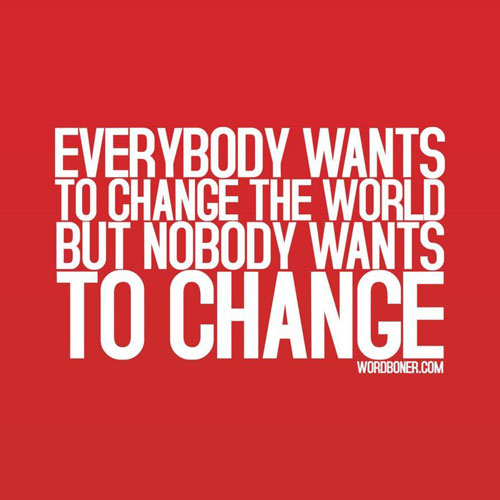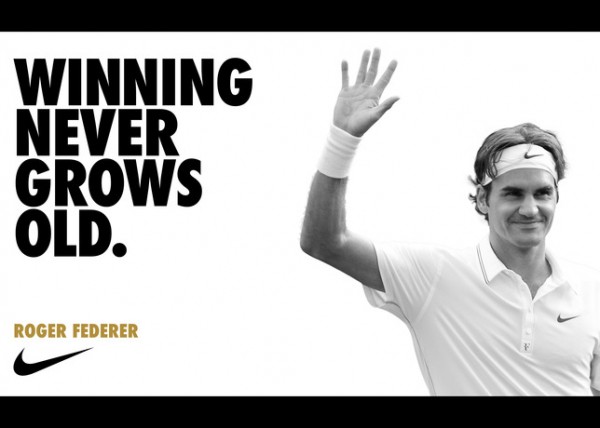
Recently there’s been an article about the potential move of Microsoft to ask its wealthy co-founder and current Chairman, Bill(ionaire) Gates, to step down, following the soon-to-be-former CEO of the Company, Steve Ballmer. It provides that the top 20 investors in Microsoft is lobbying the board to “press for Bill Gates to step down as chairman of the software company he co-founded 38 years ago”. The main cause for this, as we can all guess, would be money, or ‘capital allocation’, as used in the article.

Apparently, Microsoft, and its Office products specifically, are in a declining market, yet still brings in a great amount of profits each year. The argument as to whether or not Gates would keep on doing wonders for the company arises from the strategy Microsoft has been using with its money. As a goliath in a shrinking market, all Microsoft needs to do is to remain effective a monopoly. Nevertheless, the Gates or Ballmer strategy is to invest all the profits into new businesses, most of which have never before related to the Company value proposition, such as its recent purchases of Nokia, Skype, aQuantive or Bing. Shareholders believe that doing the opposite, maximizing profits and allocating them to shareholders to do whatever they want, would be the better choice (well for you obviously). Surely this sounds like a plan to phase Microsoft out of the market, maybe in 10-15 years, which is also the reason why people want Gates to step down, as who would go ahead with a strategy to abandon his own ‘son’?
This’s got me thinking about the ethics that we business students are often taught about. After all, even in one of the wealthiest corporations, money still comes across as the biggest concern, always being a motive for people to ‘kick others out’, including the richest man on Earth. Even in this case of Microsoft, when there’s no ‘correct answer’ in terms of the future yet, everyone seems to prefer a happy ending with a pocketful of money to go home and play with the kids.
Nam,
On a different note, aside from the Gates & Melinda foundation, I wonder how the ‘super fanatic workaholic’ Bill Gates would do when he … runs out of work?




